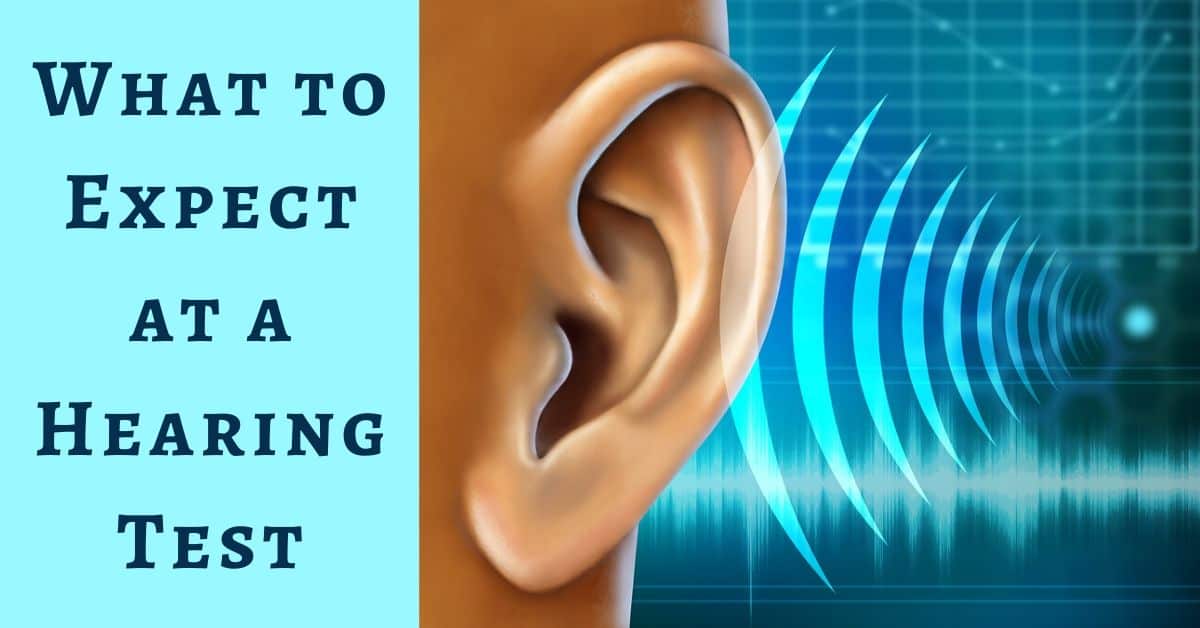- The Advantages of Rechargeable Hearing Aids - July 16, 2024
- How to Enjoy Music Festivals While Protecting Your Hearing - July 3, 2024
- Over-the-Counter Hearing Aids vs. Custom Hearing Aids - June 28, 2024
If you’ve already booked yourself in for a hearing test, congratulations are in order! If your hearing has changed recently, taking a hearing test is a crucial part of reconnecting you to the world around you.
You might be feeling apprehensive as to what to expect from your visit. There is no need to be! Hearing tests are fast, non-invasive, and painless, and you will leave the office with a much clearer picture of your hearing health. Here’s what to expect when you have a hearing test with us.
Hearing of Health History
The audiologist will begin by asking you questions about your hearing health. They might ask what you’re hearing or not hearing, and if you’ve been working in a noisy environment. As there can be many reasons for hearing loss, it helps them decide what form of hearing loss you are encountering by asking these questions. Some medical problems and past injuries can also cause hearing loss, so some items will also be related to your general health history.
They will inquire about your lifestyle, which will help them figure out which hearing treatment may best suit your needs.
Physical Examination
Your audiologist will then test your ears with an otoscope, a device that helps them to see into your ear canal. This allows your audiologist to diagnose injuries in your ear canal.
Hearing Tests
There are lots of different hearing tests, but the most common type is to play a series of sounds and notify the examiner who you are hearing. This is called a pure tone test, and it is often carried out in a soundproof room. You may also be asked to wear headphones, earmuffs, or other devices for noise cancelation. You may be asked to raise your hand or press a button when you hear a sound. When the sounds are played, they may come from high to low at different pitches, or frequencies, and other volumes or amplitudes. Varying pitches and volumes this way will make it possible to assess which sounds are audible and which are not at certain loudness levels.
Many assessments include, in addition to pure tone audiometry, a section designed to measure your ability to understand speech, often called a speech recognition test. You may be played to different words, syllables, or phonemes combinations to find out whether any are easier to understand than others. Across different frequency ranges, you can also hear various types of voices speaking. When this speech is being played, your examiner may ask if you can understand what has been said or not. In some cases, you may be asked by the examiner to repeat what you heard of testing your understanding of these speech elements.
Tympanometry is one of the less common forms of hearing tests you may be given. This examination puts pressure on your eardrum to measure its sound responsiveness. The test shouldn’t last long in either event, and you’ll be back quickly with your hearing care provider so they can explain the test results.
Test results
After the tests, the audiologist will immediately review the findings. If a hearing loss is found, the causes and effects will be explained, and you’ll know how the condition could affect you in various circumstances.
The audiologist will also let you know if wearing hearing aids will help treat your condition. They may go through the full range of choices – each type of aid has its advantages, and choosing the solutions that work best for your hearing needs is crucial. They would also consider your jobs and interests to help you make the right decision and help you get back to living the life you want to live.
Are you having trouble understanding others in noisy environments? Don’t put off a test of hearing longer than you need. You’ve got so much to gain from a safe hearing life. Contact us today A&A Audiology.

